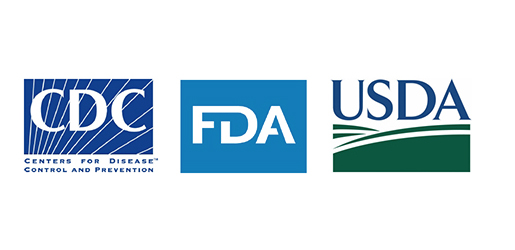The Global Food Safety Initiative (GFSI) is participating with the Codex Committee on Food Import and Export Inspection and Certification Systems (CCFICS) to support the development of its new guidance on food fraud.
GFSI has been a longstanding partner of Codex and appears in the first draft guidelines of the Codex Guidance on Food Fraud as a key reference for its work on food fraud via its food fraud position.
GFSI notes that while there is some existing guidance that addresses fraudulent activities, there is a significant need for CCFICS, which deals with ‘horizontal’ issues, to develop definitions and update its guidance to better reflect current food fraud initiatives.
To support this work, Codex has created a dedicated working group, Chaired by the United States with co-chairs from China, the European Union, the Islamic Republic of Iran and the United Kingdom. GFSI acts as an official observer to Codex, providing input and recommendations on this work through its GFSI Codex Working Group. The group, which currently consists of representatives from Nestlé, PepsiCo, The Coca-Cola Company and Danone, plays a key role in underpinning GFSI’s Benchmarking Requirements and reinforcing Codex’s mandate of valuing collaboration, inclusiveness, consensus building and transparency.
The group is also observing to help ensure this work does not reinvent the wheel, but identifies, collects and utilizes existing work from experts within the scientific and academic industries and regulatory community that have been working on this topic for the past decade.
In regard to the feedback provided on the Codex Guidance on Food Fraud, the GFSI Codex Working Group stressed:
- The importance of including industry as a key partner in managing food fraud
- The need for clarity around the roles of respective Codex committees in the prevention and detection of food fraud, specifically around analytical and testing guidance to prioritize the detection of food fraud (i.e. the role of CCMAS – Codex Committee on Methods of Analysis and Sampling vs. the role of CCFICS in food fraud)
- The importance of collaboration between all relevant stakeholders to manage food safety risks in the event of genuine food fraud incidents
- The absolute need to include ‘feed for food producing animals’ in the scope of this work
- The view that existing food safety processes and networks provide a good basis for managing communication of food fraud incidents and share good practices
- To define numerous terms that are also being proposed, defined and considered with the development of agreed terms and conditions.
Codex is hoping to finish this work in 2024/2025. Between now and the last final draft, which is planned to be submitted for final approval to the Codex Alimentarius Commission, there will be multiple draft versions developed.




















